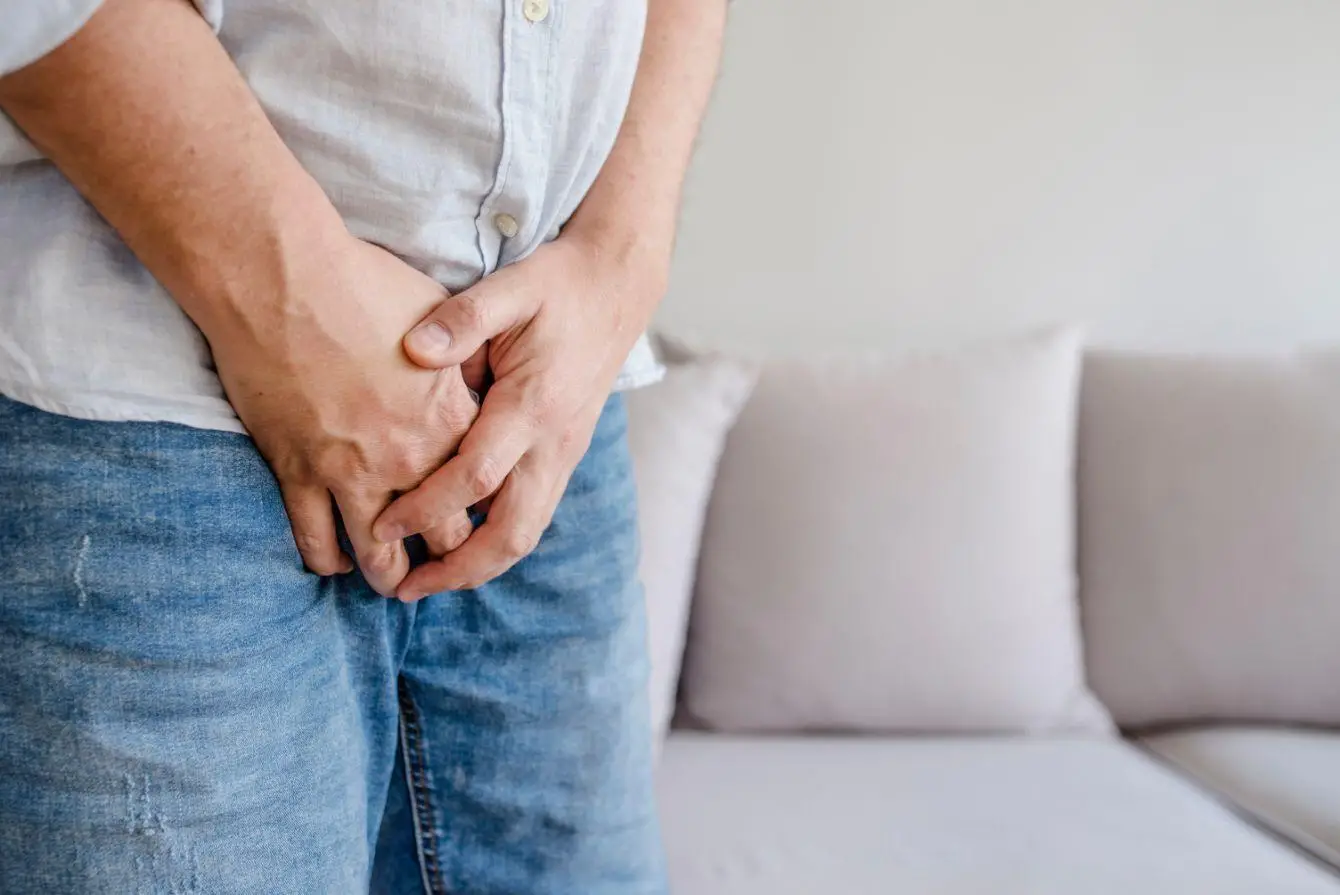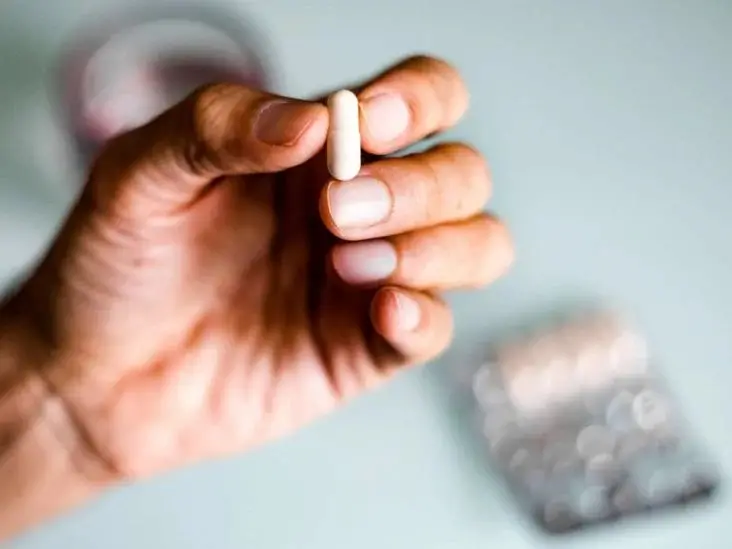Premature Ejaculation Causes, Treatment, and Prevention

Premature ejaculation (PE) is a common sexual dysfunction experienced by men of all ages. It can negatively impact sexual satisfaction and relationships, causing stress, anxiety, and frustration for both partners. Understanding the causes, diagnosis, and available treatment options can help individuals overcome PE and experience fulfilling sexual lives.
Understanding Premature Ejaculation: Definition, Symptoms, and Diagnosis
Premature ejaculation is defined as persistent or recurrent ejaculation occurring with minimal sexual stimulation before or shortly after penetration and before the individual desires. It can be categorized as lifelong (primary) or acquired (secondary), depending on its onset.
Symptoms of PE include:
- Ejaculating within one minute of penetration
- Lack of control over ejaculation
- Difficulty delaying ejaculation
- Distress and frustration related to ejaculatory control
Diagnosis of PE typically involves a medical history and physical examination. In some cases, further investigations like semen analysis or hormonal tests might be necessary to rule out underlying medical conditions.
Primary vs Secondary PE
Primary PE refers to lifelong early ejaculation that has been present since the individual’s first sexual experience. It is often attributed to psychological factors such as performance anxiety or conditioning from previous sexual experiences.
On the other hand, secondary PE is characterized by a sudden onset of early ejaculation in an individual who previously had satisfactory sexual experiences. It can be caused by various factors such as relationship issues, stress, or certain medical conditions.
Causes of Premature Ejaculation: Biological, Psychological, and Lifestyle Factors
The exact causes of PE are often complex and multifactorial. Some of the common factors that contribute to this condition include:
Biological Factors
Biological factors play a significant role in the development of PE. These include:
- Abnormal levels of neurotransmitters: Serotonin, a neurotransmitter involved in regulating mood and emotions, has been found to play a role in ejaculatory control. Low levels of serotonin have been linked to premature ejaculation.
- Hormonal imbalances: Testosterone and other hormones play a crucial role in sexual function, including ejaculation. Any imbalance in these hormones can lead to PE.
- Genetic predisposition: Studies have shown that there may be a genetic component to PE, with some individuals being more prone to the condition than others.
Psychological Factors
Psychological factors can also contribute to PE. These include:
- Performance anxiety: Fear of not satisfying one’s partner or performing well during sexual activity can lead to early ejaculation.
- Relationship issues: Stress, conflicts, and communication problems within a relationship can affect sexual performance and lead to PE.
- Trauma or past experiences: Previous negative sexual experiences or trauma can cause psychological distress and contribute to PE.
Lifestyle Factors
Certain lifestyle choices can also increase the risk of developing PE. These include:
- Substance abuse: Alcohol and drug use can affect sexual function and lead to early ejaculation.
- Sedentary lifestyle: Lack of physical activity and exercise can contribute to sexual dysfunction, including PE.
- Poor diet: A diet high in processed foods, sugar, and unhealthy fats can affect hormone levels and contribute to PE.
Treatment Options for Premature Ejaculation: Medications, Behavioral Techniques, and Natural Remedies
There are various treatment options available for PE, including medications, behavioral techniques, and natural remedies. The choice of treatment depends on the underlying cause and severity of the condition.
Medications for Premature Ejaculation
Selective Serotonin Reuptake Inhibitors (SSRIs) are commonly prescribed for PE. These medications work by increasing the levels of serotonin in the brain, which helps to delay ejaculation. Some of the commonly used SSRIs for PE include dapoxetine, paroxetine, and sertraline.
Other medications that have been found to be effective in treating PE include topical anesthetics, such as lidocaine or prilocaine creams, and tramadol, a pain medication that has been shown to delay ejaculation.
It is essential to consult with a healthcare professional before starting any medication for PE, as they can have potential side effects and interactions with other medications.
Behavioral Techniques for Premature Ejaculation
Behavioral techniques involve learning and practicing specific strategies to improve ejaculatory control. These techniques include:
- The Squeeze Technique: This involves squeezing the head of the penis when the individual feels like they are about to ejaculate, effectively stopping the sensation.
- The Start-Stop Technique: This technique involves stopping sexual activity when the individual feels close to ejaculation and then resuming once the sensation has subsided.
- Other Strategies: These may include distraction techniques, such as focusing on non-sexual thoughts during sexual activity, or changing positions to reduce stimulation.
Counseling and therapy can also be beneficial in addressing underlying psychological factors contributing to PE.
Natural Remedies and Lifestyle Changes for Premature Ejaculation
In addition to medical and behavioral treatments, certain natural remedies and lifestyle changes can help manage PE. These include:
- Dietary Modifications: Certain foods and supplements, such as zinc, magnesium, and vitamin B6, have been found to improve sexual function and may help with PE.
- Exercise: Regular physical activity can improve overall health and sexual function, including ejaculatory control.
- Stress Management: Stress and anxiety can contribute to PE. Learning relaxation techniques, such as deep breathing and meditation, can help manage these symptoms.
Premature Ejaculation in Different Languages: Understanding Meaning and Terminology
Premature ejaculation is a condition that affects individuals worldwide, and it is essential to understand its meaning and terminology in different languages. Here are some common terms used to describe PE in various languages:
| Language | Term for Premature Ejaculation |
|---|---|
| English | Premature Ejaculation |
| Spanish | Eyaculación Precoz |
| French | Éjaculation Prématurée |
| German | Vorzeitiger Samenerguss |
| Italian | Eiaculazione Precoce |
| Chinese | 早泄 (Zǎoxiè) |
| Japanese | 早漏 (Sōrō) |
| Arabic | سرعة القذف (Sura’at al-Qudf) |
Exercises for Premature Ejaculation: Pelvic Floor Muscle Exercises and Kegels
Pelvic floor muscle exercises, also known as Kegels, can help improve ejaculatory control. These exercises involve contracting and relaxing the muscles used to control urination.
To perform pelvic floor muscle exercises:
- Identify the muscles: To identify your pelvic floor muscles, try stopping the flow of urine midstream. The muscles you use to do this are your pelvic floor muscles.
- Practice contractions: Once you have identified the muscles, practice contracting them for three seconds, then relaxing for three seconds. Repeat this ten times.
- Increase duration: As you become more comfortable with the exercise, increase the duration of the contractions to five seconds, then relax for five seconds. Repeat ten times.
- Do sets throughout the day: Aim to do three sets of ten repetitions throughout the day.
Kegel exercises can be done discreetly at any time, making them a convenient option for managing PE.
Premature Ejaculation and Erectile Dysfunction: Differentiating Between Conditions and Exploring Comorbidity
Premature ejaculation and erectile dysfunction (ED) are two common sexual dysfunctions that can coexist in individuals. While they may seem similar, they are distinct conditions with different causes and treatment options.
Premature ejaculation is characterized by early ejaculation, while ED is the inability to achieve or maintain an erection sufficient for sexual activity. However, they can both be caused by similar factors, such as stress, anxiety, and underlying medical conditions.
It is essential to differentiate between these conditions to ensure appropriate treatment. In some cases, treating one condition may also improve symptoms of the other.
Additional Resources for Premature Ejaculation: Support Groups, Websites, and Professional Organizations
There are various resources available for individuals seeking support and information about PE. These include:
- Support Groups: Joining a support group can provide a safe space to discuss experiences and learn from others dealing with PE.
- Websites: There are many websites dedicated to providing information and resources for individuals with PE, such as the International Society for Sexual Medicine (ISSM) and the American Urological Association (AUA).
- Professional Organizations: Seeking help from a healthcare professional, such as a urologist or sex therapist, can also provide valuable support and guidance in managing PE.
Conclusion
Premature ejaculation is a common sexual dysfunction that can significantly impact an individual’s quality of life. Understanding its causes, diagnosis, and treatment options can help individuals overcome this condition and improve their sexual satisfaction and relationships. Whether through medication, behavioral techniques, or natural remedies, there are various ways to manage PE and experience fulfilling sexual lives. It is essential to seek help from a healthcare professional if experiencing symptoms of PE to determine the best course of treatment.










